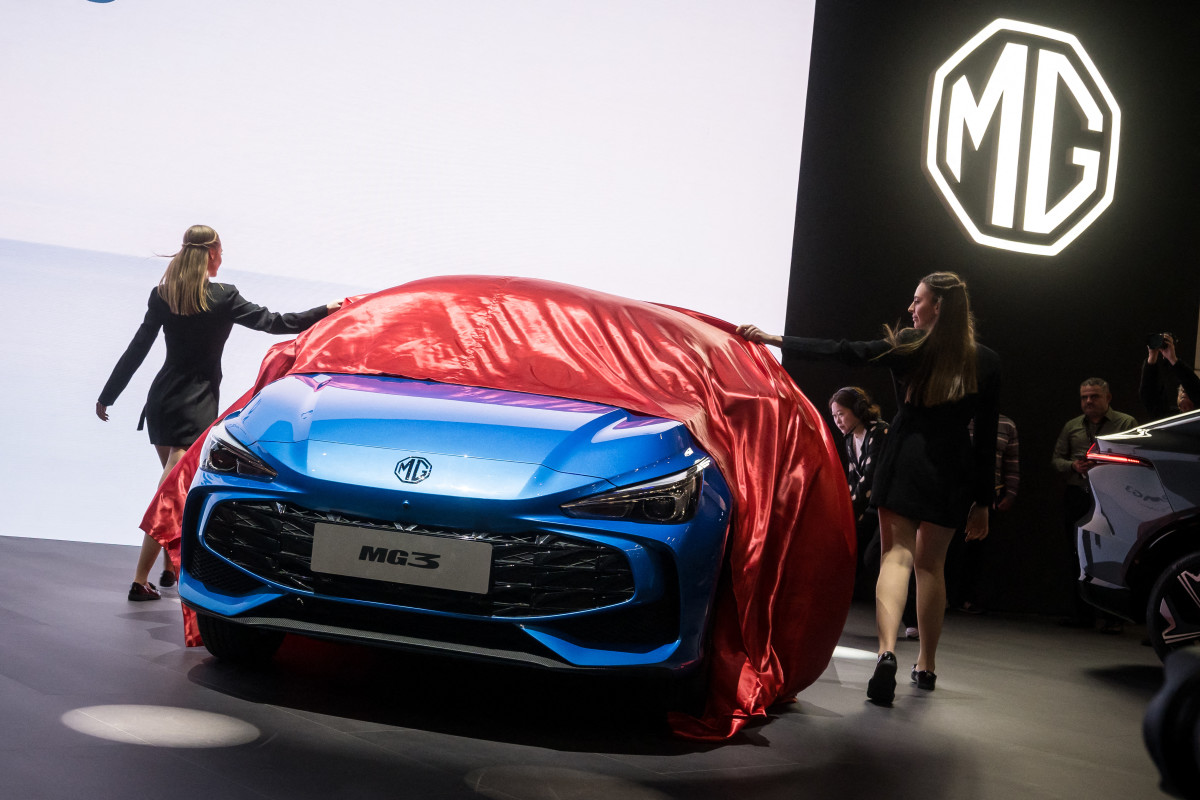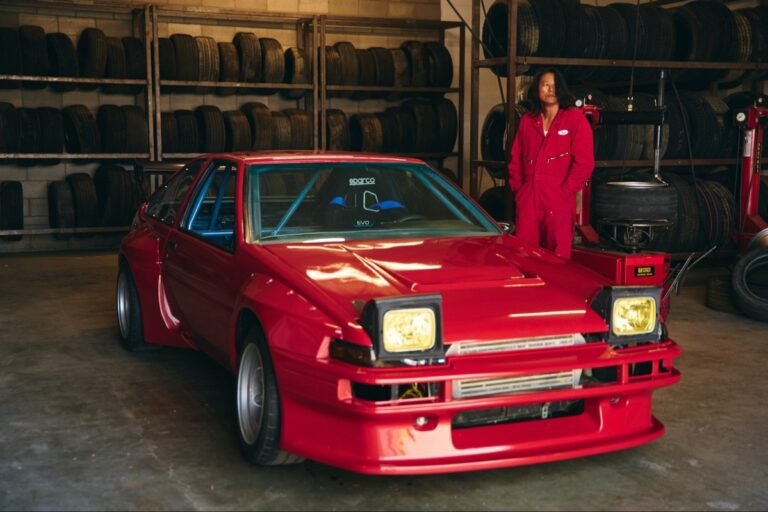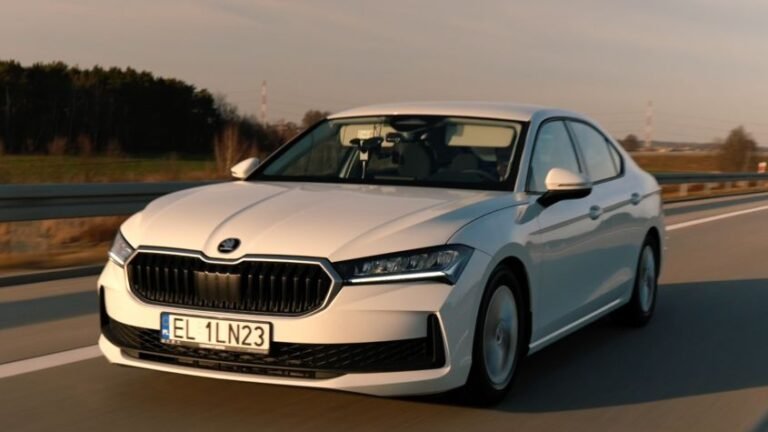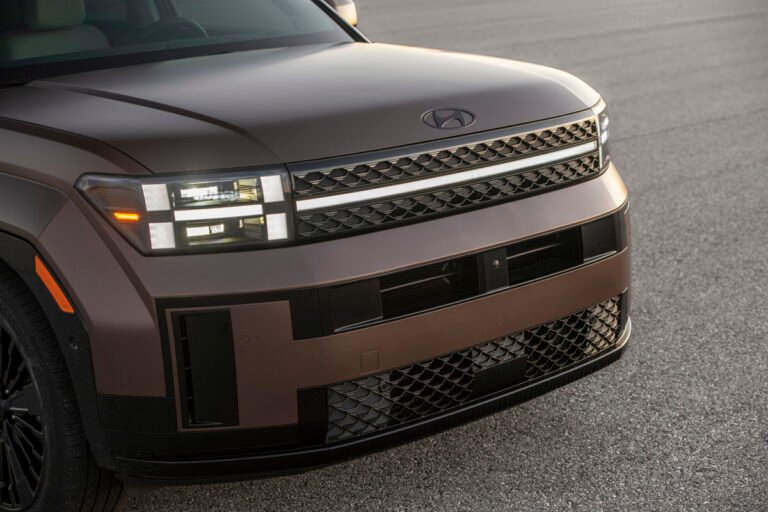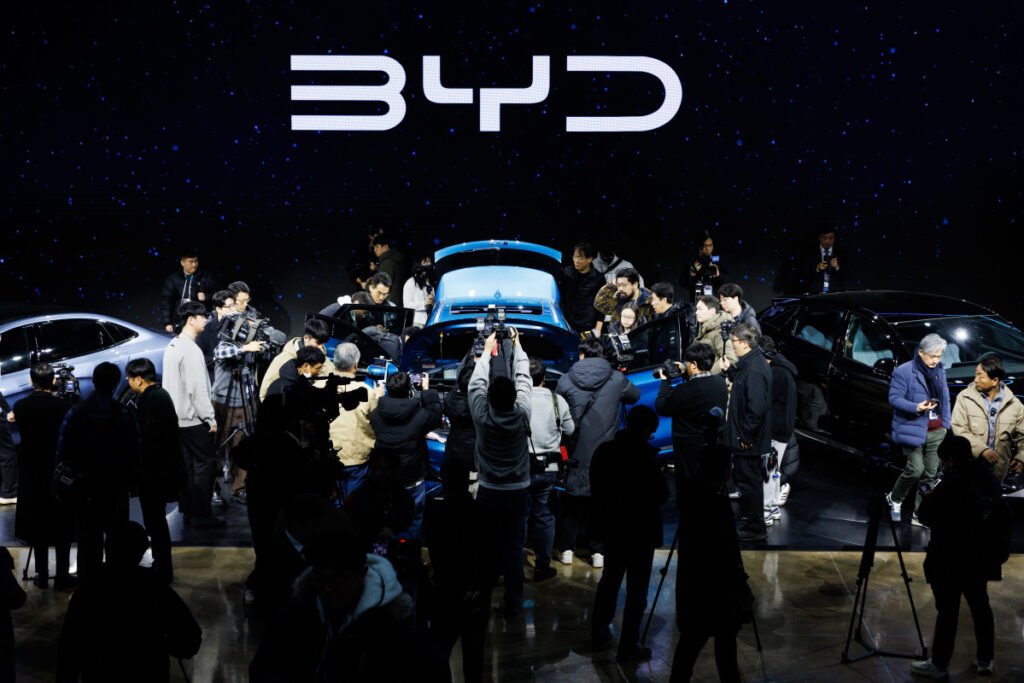
Americans are paying attention, even without any on sale
Chinese automakers still can’t sell directly in the United States, but that isn’t stopping Americans from noticing them. A new study from AutoPacific finds that 65% of U.S. consumers are now familiar with at least one Chinese car brand, up from just 52% in 2024. For the first time, more than half of respondents said they’d consider buying one.
That’s a striking shift given the current climate. The U.S. government has effectively walled off Chinese automakers through steep tariffs — more than 100% on electric vehicles — and looming restrictions on software and hardware developed in China. Washington has framed those moves as national security protections, citing risks tied to data collection and connected-vehicle technology. Yet the curiosity persists.
Huawei, Xiaomi, and BYD lead the pack
AutoPacific’s survey found that Huawei tops the list of Chinese car brands Americans would most consider, with 27% of respondents familiar with the company saying they’d buy one of its vehicles. Xiaomi followed with 23%, and BYD — China’s largest EV manufacturer and the world’s leading electric automaker by sales — came in third at 19%.
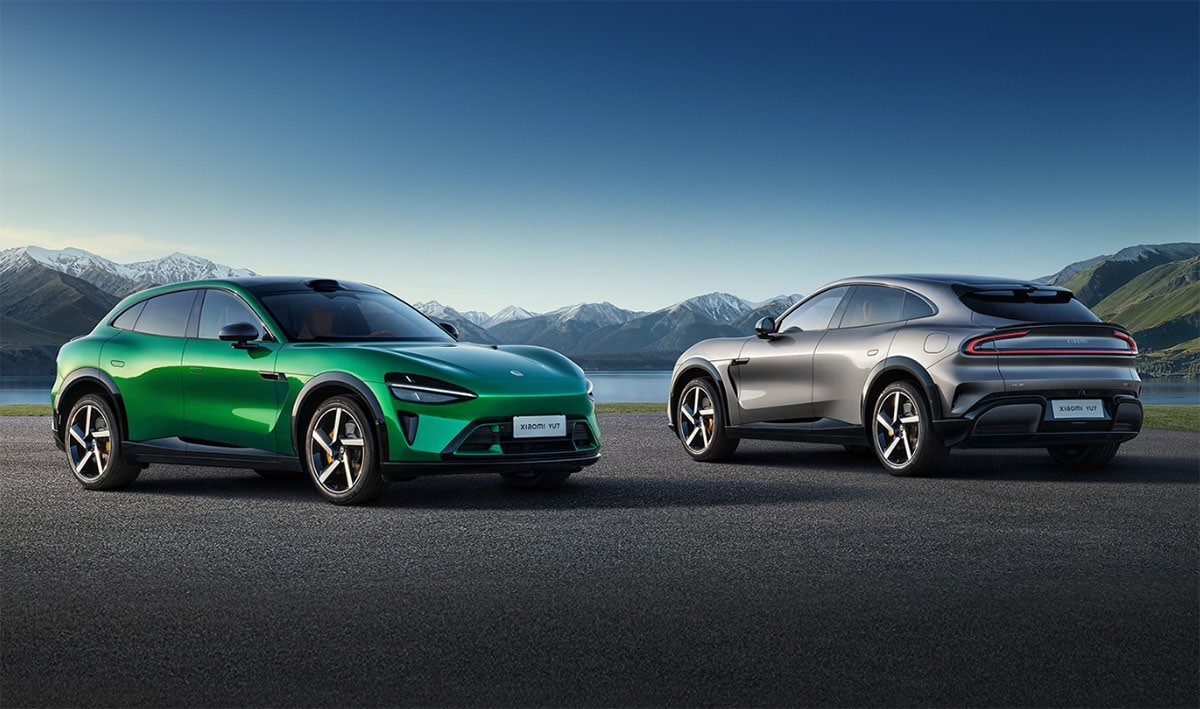
Xiaomi
Other brands, including Great Wall Motors, Geely, and Nio, also drew interest, each capturing between 13% and 16% of respondents familiar with their cars.
“We’ve seen awareness of various disruptors like BYD, Geely, Huawei, and Zeekr grow substantially year over year in our research, and a lot of that can be attributed to an increase in media coverage of these brands’ vehicles (both within the automotive media space and outside it), as well as likely a greater occurrence of in-person engagement and interaction,” said Robby DeGraff, manager of product and consumer insights at AutoPacific.
Fears remain, but they’re fading
Americans’ top concerns with Chinese cars remain data privacy and national security, but those worries are starting to ease. AutoPacific found that the share of respondents worried about security risks dropped from 80% in 2024 to 77% this year, while national security concerns fell from 82% to 79%.
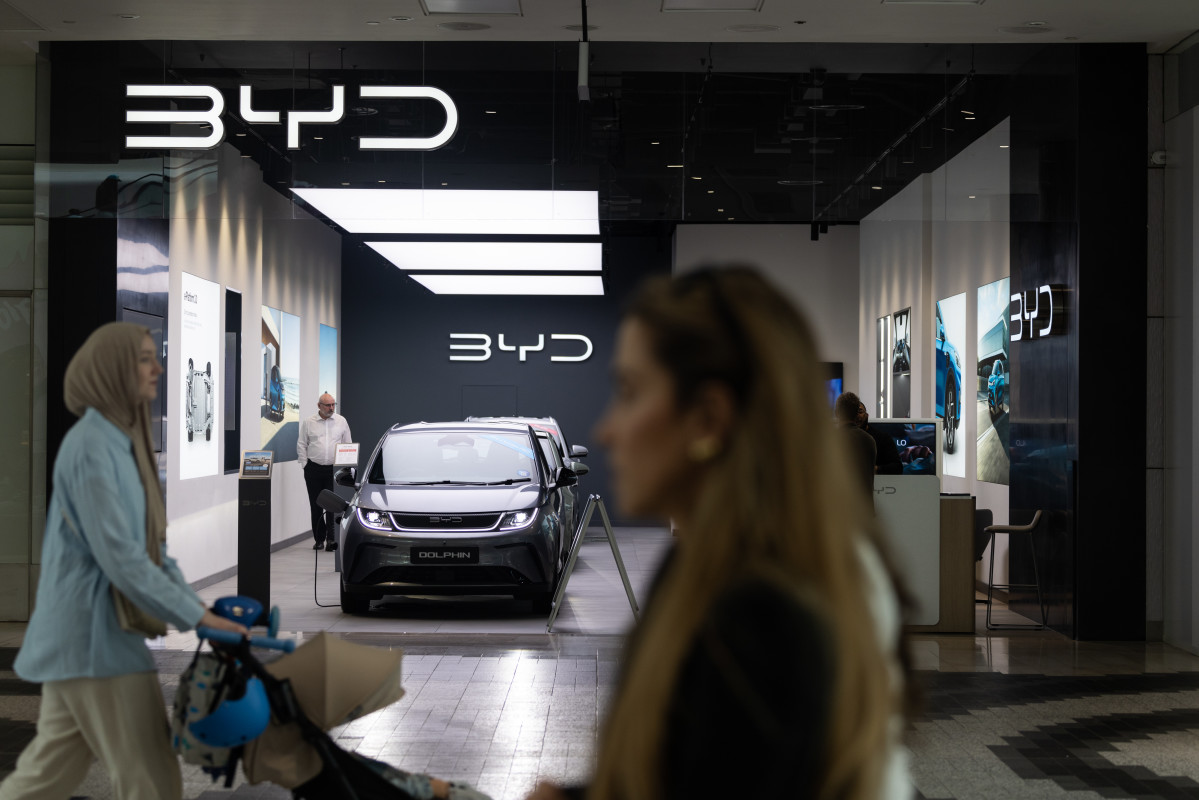
Those numbers are still high, but the year-over-year decline suggests a gradual softening of attitudes. It’s a sign that consistent exposure, from viral TikToks showing Chinese EVs’ wild interiors to glowing YouTube reviews, may be changing perceptions faster than policymakers can respond.
A growing presence in Americans’ minds
For now, Chinese cars exist in the American imagination more than on American roads. Aside from the occasional Chinese-built Polestar, Volvo, or Buick, there are no mainstream Chinese brands selling directly in the U.S. Still, their presence looms large in the global market.
In Europe, South America, and Southeast Asia, Chinese EVs are rapidly gaining ground thanks to their low prices and high-tech features. Models like the BYD Seal and Huawei Luxeed S7 are often compared favorably to Western competitors. Videos showing these cars’ massive infotainment screens and sleek interiors routinely rack up millions of views — and often come with the same question in the comments: when can we get this here?
That effect has U.S. automakers and policymakers on edge. While American consumers can’t yet buy a BYD or Nio, they’re already forming opinions — and those opinions are shifting from skepticism to curiosity.
Final thoughts
For now, tariffs and tech bans make it unlikely that Chinese automakers will sell directly to Americans anytime soon. Even indirect paths, like partnerships with Western automakers or joint ventures, face scrutiny. But AutoPacific’s findings suggest that if the gates ever do open, there could be an eager audience waiting.
